Shoulder pain are one of the most common pain ailments in Germany, along with joint pain and back pain. As a result of the high amount of sitting in most of the modern professions, the back and shoulder muscles sleep as a result, which leads to stress on the joints and bones. This then results in an increased risk of injury and wear and tear, which can then usually lead to stabbing pain in the area of the school.
What is shoulder pain?

Over time, shoulder pain has developed into a kind of widespread disease; More and more people suffer from severe shoulder pain and the resulting restriction in movement. Shoulder pain mainly affects muscles, tendons and joint capsules and makes everyday movements a torture.
Shoulder pain can show up to very different degrees. There is slight tension, permanent tension and even chronic pain due to misalignment or poor posture. If there is a prolonged stinging in the shoulder that can radiate into the arm, one should pay attention. This shoulder pain can quickly become chronic and should be treated as soon as possible.
causes
There are numerous causes of shoulder pain. On the one hand, shoulder pain can arise from too little movement when sitting or too one-sided strain. Since the chest muscle, which attaches to the shoulder joint, is stronger than the equivalent back muscle, the arm is permanently pulled slightly forward. This causes a hunched back, which is exacerbated by sitting and not exercising too much, and which causes severe shoulder pain.
Shoulder pain can also occur during exercise. Modern trend sports and too little warm-up before sport can cause problems with the shoulders. Even very simple, everyday movements can cause shoulder pain. Regular, longer driving, moving the computer mouse or monotonous lifting movements alone trigger tension, which must be counteracted.
Other causes of shoulder pain are osteoarthritis (joint wear), broken bones, dislocations, inflammation or the so-called impingement syndrome (when the tendons and bursae are irritated, these thicken and the head of the shoulder joint hits the roof of the shoulder).
You can find your medication here
➔ Medicines for painDiseases with this symptom
- Tendon tear
- Shoulder joint dislocation
- Osteoarthritis of the shoulder
- Impingement syndrome
- Fibromyalgia
- Neuroborreliosis
- Supraspinatus tendon syndrome
- Bursitis
- Muscle hardening
- dislocation
- Polymyalgia rheumatica
- Shoulder arm syndrome
- break of collarbone
- Shoulder joint inflammation
- arthritis
- Rotator cuff rupture
- Frozen shoulder
- disc prolapse
Complications
Shoulder pain can become chronic. Since the shoulder is then permanently overloaded, premature, irreparable joint wear can occur. Wear and tear can also spread to neighboring areas of the body such as the humerus. As a result, the mobility of the arms can be greatly reduced.
Shoulder pain often spreads to the chest, neck, and arms. Tension and cramps can occur. If postponed bursitis is the trigger for shoulder pain, further infections and chronic diseases such as rheumatoid arthritis can develop.
Shoulder pain can be associated with stiffened muscles and joints. In addition, a so-called "frozen shoulder" can occur. This causes the joint capsule to stick and stiffen the shoulder. In severe cases, the stiffening leads to paralysis. In addition, neighboring body regions can be painful.
Overall, shoulder pain affects the well-being of the person concerned. His mood is often reduced and irritation can arise. Sleep can also be affected by shoulder pain. The affected person can also be impaired in his mobility and sporting activities can no longer be carried out or only to a limited extent. Since normal turning movements can be severely restricted, problems can arise in everyday life, for example when driving a car.
When should you go to the doctor?
Shoulder pain can have many causes and often goes away on its own. A doctor should be consulted if the pain persists for several weeks and increases in intensity and duration over time. If the symptoms lead to restrictions in everyday life, you should also speak to a doctor. The same is true if the pain comes on in spurts and is not due to a specific cause. A physiotherapist can be called in if there is tension in the shoulder and neck area.
If shoulder pain occurs after a fall, this should be clarified medically in order to rule out broken bones and other serious injuries or, if necessary, to treat them. If the shoulder pain is accompanied by dizziness, shortness of breath or chest pain, an emergency doctor must be alerted. It may be a heart attack or pulmonary embolism that needs immediate treatment. Accompanying symptoms such as pain in the upper abdomen and nausea indicate biliary colic or inflammation of the gallbladder. In the case of chronic shoulder pain, a doctor should also be consulted for further clarification of the causes.
Doctors & therapists in your area
Treatment & Therapy
The treatment options are as varied as the causes of shoulder pain. In the case of inflammatory pain, the inflammation must first be treated with medication or injections, and only then can further therapy for shoulder pain be applied.
Further therapies for shoulder pain are, for example, physical therapies such as physiotherapy or massage. During the massage, the muscles are loosened and joints and cartilage are returned to their original position from which they have shifted.
Physiotherapy is mostly based on massage and ensures regular exercise, muscle building and muscle strengthening as well as an improvement in posture. Acute and severe shoulder pain is also treated with cold therapy, which reduces inflammation and reduces the sensation of pain by reducing blood flow.
Home remedies ↵ for shoulder
pain
On the other hand, heat therapy is used for mild shoulder pain that has existed for a long time. This relaxes the tense muscles, relieves pain and ensures better elasticity of the tissue.
In some cases, surgery is unavoidable if the pain is deep or after an accident. After shoulder pain surgery, the muscles are also rebuilt or strengthened through physical therapies.
Outlook & forecast
Shoulder pain does not necessarily have to be treated by a doctor. They often appear as a result of overloading the shoulder and disappear again when the shoulder and muscles have been able to rest. This can take several days and does not lead to further complications.
However, if shoulder pain occurs frequently or leads to very severe pain, a doctor should be consulted. This is damage to the joint or some other disease that occurs outside of the shoulder.
Treatment usually takes the form of physiotherapy and in most cases is successful. However, it is important that the treatment begins early and thus excludes possible consequential damage. In a few cases, surgical interventions are necessary, and shoulder pain is rarely treated with medication. Long-term use of painkillers should be avoided, as they damage the stomach.
If joints are irreversibly damaged, they can be replaced. If the shoulder pain occurs after an accident, it is essential to consult a doctor. They can also arise from problems with the heart and should therefore be analyzed.
You can find your medication here
➔ Medicines for painprevention
It is particularly important to prevent shoulder pain in the long term. A lot of movement should be ensured to keep the shoulders pain-free. Especially swimming, aqua aerobics and stretching exercises prevent shoulder pain. The shoulder muscles should also be strengthened with the help of a therapy tape, because strong shoulders do not feel pain. It is also recommended, after consultation with the doctor, to do light weight training exercises, because strong muscles support the entire skeleton and have a relieving effect.
The workplace, which is also a great risk for shoulder pain, should be set up so that it is back-friendly (correct table and chair height as well as screen inclination) and a short break should be taken for each hour of work in which small stretching exercises are performed. The sitting position should also be changed more frequently. Regular massages also prevent shoulder problems. Massages after physical activity, in particular, have a relaxing and positive effect on body and mind. So shoulder pain will soon no longer have a chance.
You can do that yourself
If shoulder pain persists, a doctor should be consulted. In addition, the symptoms can often be alleviated yourself. Quick help provide cooling and protection. Ice packs have anti-inflammatory and numbing effects and should be used several times a day for 20 minutes each time.
In the case of acute pain, bed rest and avoidance of stressful movements, especially stretching and overhead movements, are recommended. Physiotherapy is essential in managing shoulder pain and can be done either at home or under the supervision of a doctor. Above all, stretching and strengthening exercises such as swinging or tilting relieve tension and reduce pain. In addition, shoulder pain can be treated with the help of pain relieving gels and ointments. Chronic discomfort or pain as a result of joint irritation is best countered with warmth or cold.
A training break of a few days gives the shoulder important time to recover. However, if the symptoms persist, it is advisable to see a doctor. Among other things, the doctor can prescribe joint injections or massages, which can be used independently or with the help of a doctor. In addition to conventional therapy, regular physiotherapy is prescribed, which, depending on the cause, can be supplemented with light exercise and gentle massages.

.jpg)
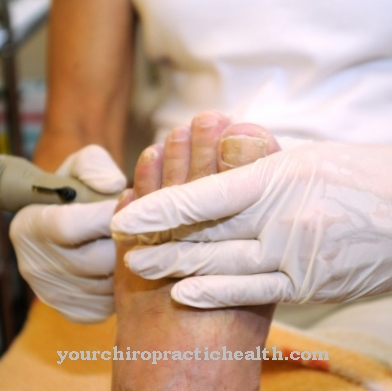
.jpg)
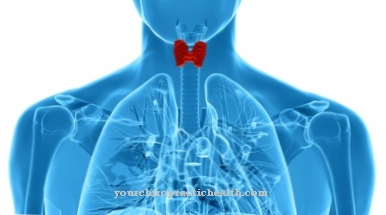



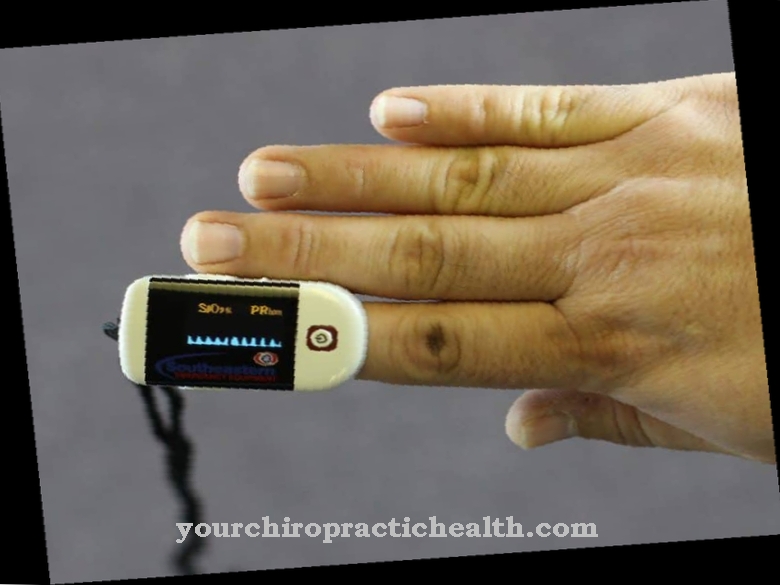
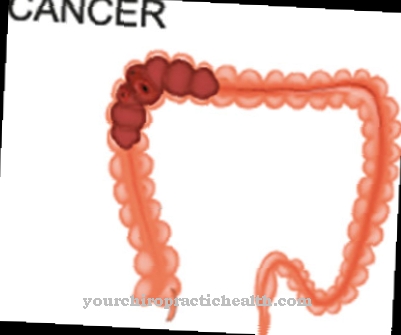


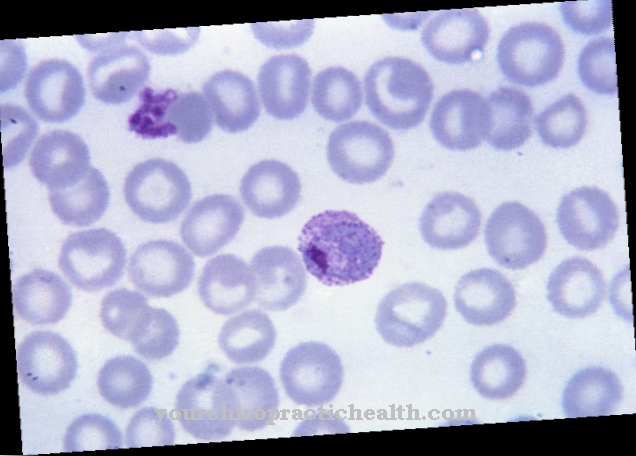


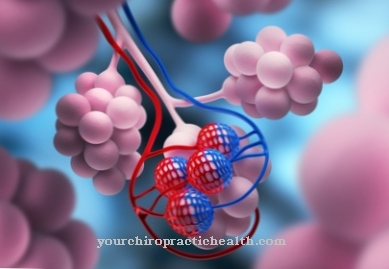

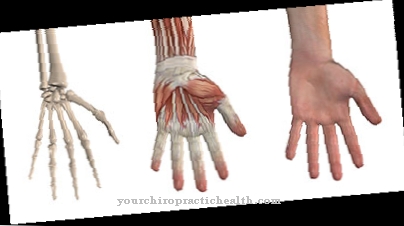



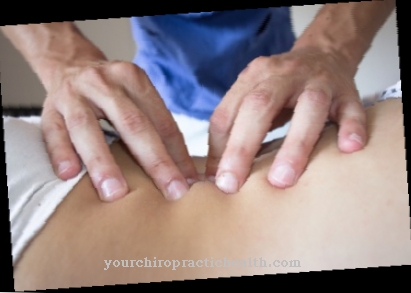


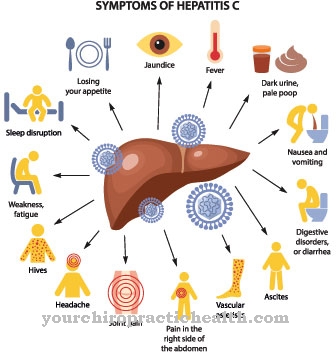
.jpg)


